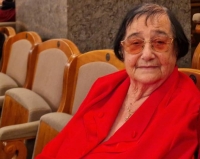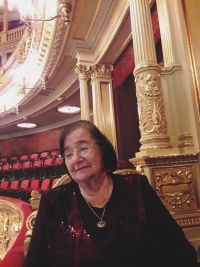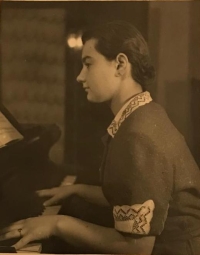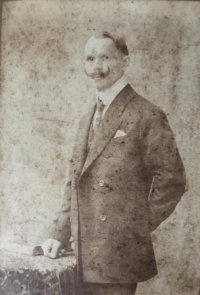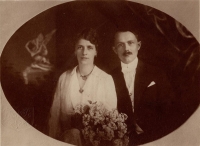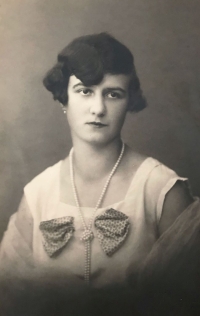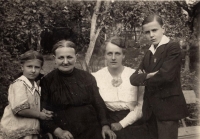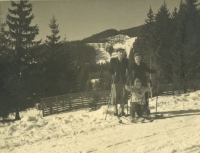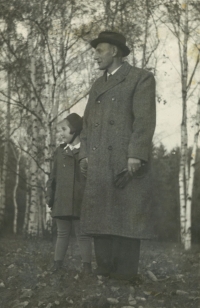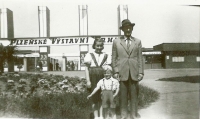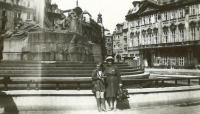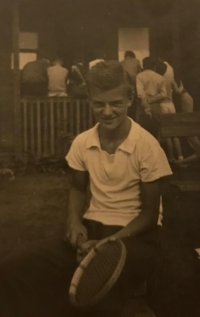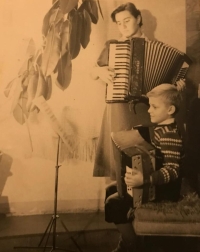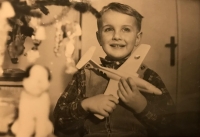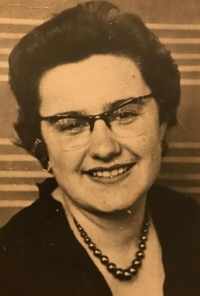As the daughter of a civil servant and granddaughter of a tradeswoman, I didn’t have the right background
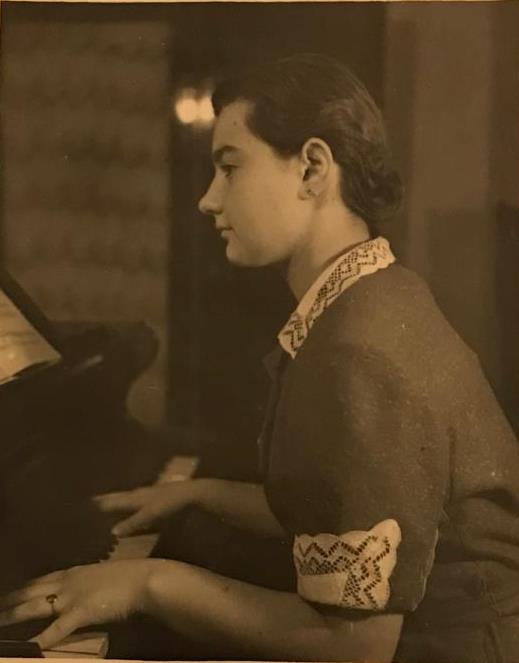
Download image
Alena Jandová was born on 29 March 1938 in Pilsen. Her adolescence was marked by the rise of Nazism and later Communism. However, thanks to her parents and the values to which they led her, she could perceive the echo of the elegance of the First Republic. Had she grown up in freedom, she would probably have become a doctor or a lawyer. However, as the granddaughter of a tradeswoman and the daughter of a civil servant, she did not have the right cadre to study at a grammar school. Therefore, she graduated from the Pedagogical Department in Pilsen, which was actually the forerunner of today’s Conservatory. From the end of the 1950s she worked at music schools in Klatovy, Přeštice and finally in Stod. The witness´s father, Miloslav Losleben, did not want to join the Communist Party, so he had to leave his clerical position to become a worker. The next blow for the family came in 1967, when their house in Dělnická Street in Plzeň was expropriated and demolished. In 1970, Alena Jandová divorced her husband, among other things, because she discovered that he was in the Communist Party. Her divorce from him made it more difficult for her to pass the normalisation checks. After the Velvet Revolution, Alena Jandová became the director of the music school in Stod, and together with her colleagues, she was also incvolved in getting art schools recognized as primary schools with all the responsibilities and benefits, not just as a hobby club. At the time of the interview in 2024, she was still active and following musical life at home and abroad.
